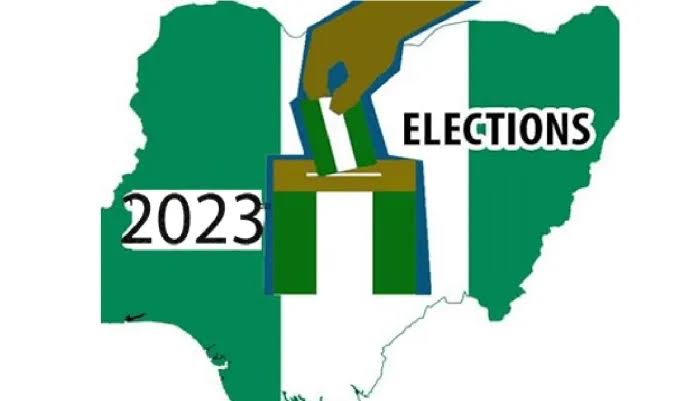The freedom to choose what is right is what we lack. Most people think freedom means no rules, no limits, and no regulations – but that’s a very limited view of freedom. Instead, freedom is the power God graciously gives you to say “yes” to the things that are good for you and “no” to the things that are harmful. Voting for capacity, capability, character, transparency and integrity is what Nigerians need come 2023. “Integrity”, simply means, “the quality of being honest and having strong moral and spiritual principles. It is a state whereby someone is known for the principles he or she appraises with undivided loyalty.”
It is highly disgusting in our contemporary society to hear a leader making huge promises to the masses of some goodies yet they are never fulfilled throughout their tenure. It is highly unjustified to read a national budget for important areas of interest like education, health, and infrastructure and yet again, the budget is never implemented.
Vote trading that is buying and selling (also referred to as electoral clientelism and patronage politics) occurs when a political party or candidate distributes money or resources to a voter in an upcoming election with the expectation that the voter votes for the actor handing out monetary rewards. Vote buying can take various forms such as monetary exchange, as well as an exchange for necessary goods or services. This practice is often used to incentivize or persuade voters to turn out for elections and vote in a particular way. Although this practice is illegal in many countries such as United States, Argentina, Mexico, Kenya, Brazil and Nigeria, its prevalence remains worldwide.
One of the major consequences of vote buying and selling is that it paves ways for the wrong persons to get the job and get the works done wrongly, causes series of loss, disruption of the economy and harmony of a country. During the party primary elections, the two major political parties in Nigeria made a show of shame as their candidates allegedly bought over ‘delegates’ with dollars in order to emerge their party’s presidential flag-bearers.
Vote trading has become a widespread practice in Nigeria, where democracy has struggled to be fully consolidated due to the country’s complex political landscape and its entrenched corrupt political class. Where acute socio-economic hardship persists, vote trading traps citizens in self-sabotaging, clientelist relationships with the political leaders. The practice in Nigeria pervades and permeates the electoral space, where it has become the primary instrument of electoral fraud. There is a correlation between vote-buying and under investment and poor delivery of public services.
People that buy votes and those that sell their votes do not mean well for this country. Election is an aspect of any democratic process. It is a process that is originally meant to pick the best set of leaders to lead members of a group or community. In a democratic setting like that of Nigeria, elections are supposed to be means of getting the best leaders to occupy different elective offices in the country.
Instant (or immediate) gratification refers to the temptation, and resulting tendency, to forgo a future benefit in order to obtain a less rewarding but more immediate benefit. The gratification we talk about here can come in the form of money, gifts, promises of job, appointment, contracts and scholarship. Waiting is hard, and there is an innate desire to have what we want when we want it, which is usually without any delay. People caught up in the instant gratification trap expect to gain something from nothing. Unfortunately, the world doesn’t work that way. You need to give something to get something back.
Getting into the habit of delaying gratification gives you more control over your life, decisions, and actions. It helps you value and appreciate hard work and effort. Yes, things are tough right now, but the pain you experience is a necessary part of the process to help you achieve your long-term goals.
Written by WILFRED OBIOTIKA









Comments are closed for this post.